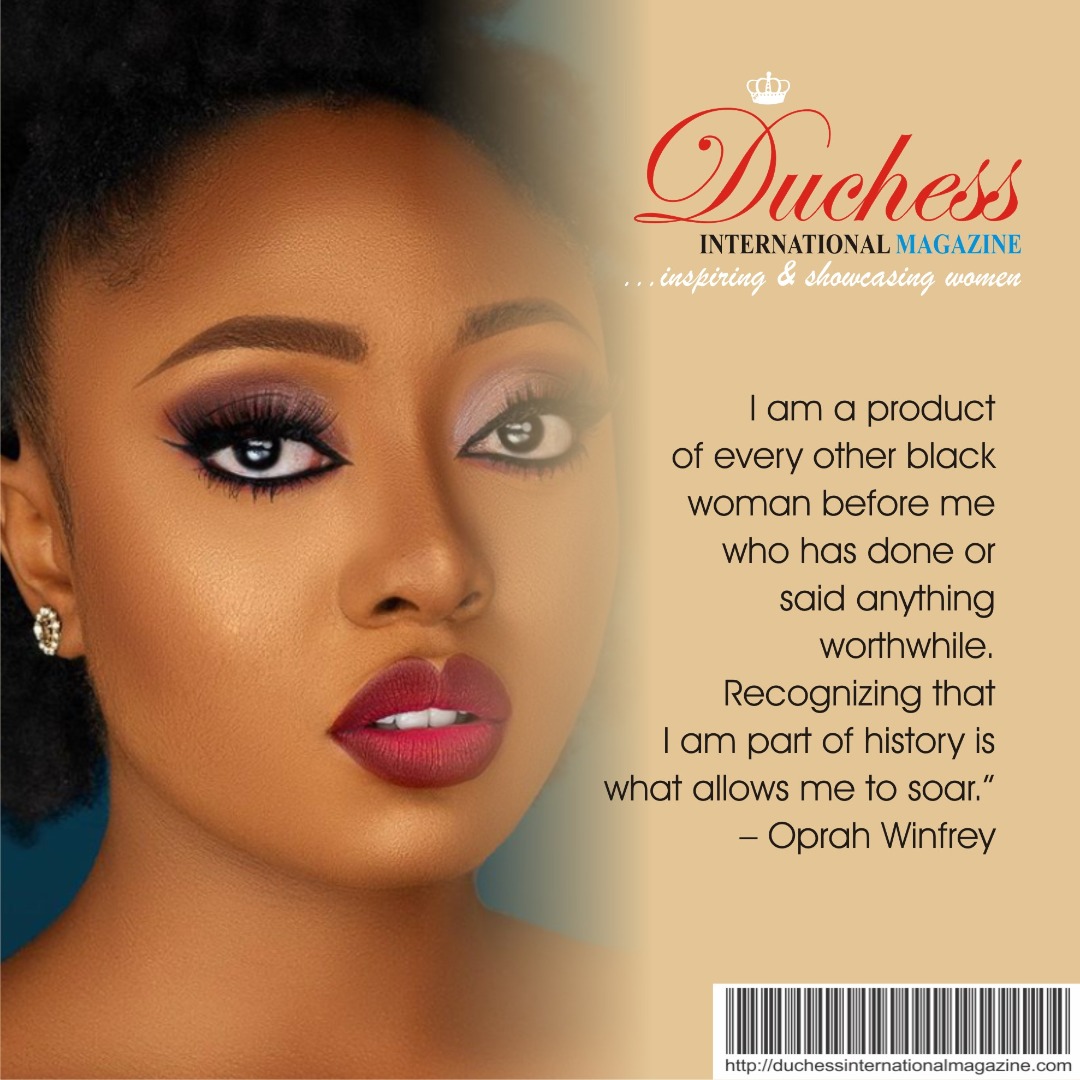Beyoncé’s visual album Lemonade came out this week. Not only is it a complex, personal rendering of a marriage, it’s smart, political, and some of the most innovative storytelling we’ve seen in music, which rotates its wave in celebrating the strength, endurance and potential within black womanhood.

structure:
Lemonade is a visual album – a number of music videos offset by chapter titles like “Intuition,” “Denial,” “Apathy,” “Emptiness” and, eventually, “Resurrection” – connected by a voiceover from Beyoncé reading poetry by Warsan Shire.
Story Idea:
Lemonade traces a story of infidelity and reconciliation. It starts with Beyoncé questioning her relationship. “Are you cheating on me?” she asks the viewer. When the evidence of unfaithfulness becomes conclusive, her first move is protest – “They don’t love you like I love you,” she intones – followed by anger: “I’m gonna fuck me up a bitch,” she says gleefully in one song, baseball bat in hand. (Later she adds, “You ain’t married to an average bitch, boy!”) But after she appears to cut loose from an untrustworthy partner – “Me and my baby gonna be alright, we gonna live a good life” – the tale shifts towards cease-fire and reunion. The hour ends with shots of happy couples and an assertion that our heroine will move forward. “My torturer became my remedy,” Beyoncé explains. “So we’re gonna heal. We’re gonna start again.”
On her way through the relationship plot, she also tells a story about the experience of black womanhood. A snippet pulled from a speech by Malcom X declares, “The most disrespected person in America is the black woman. The most unprotected person in America is the black woman. The most neglected person in America is the black woman.” Men are almost entirely absent from the film, physically and emotionally; in their place, large groups of women appear again and again, presenting a united front of solidarity and sisterhood.
Visuals:
Lemonade riffs through a number of settings, but most of it is resolutely southern – a plantation house, muggy porches, a short portion where Beyoncé rides horseback, references to New Orleans, swampy scenery. Flames are another recurring motif: early on, the singer stares down the camera as everything behind her explodes; later, she poses regally behind a low wall of fire. Tunnel imagery appears frequently as well – Beyoncé sings one song at the end of a long brick passageway, and the camera often creeps slowly and evenly down hallways, building tension as it might in a horror film. Beyoncé handled some of the direction herself, along with Kahlil Joseph, Melina Matsoukas, Todd Tourso, Rikayl Rimmasch, Jonas Akerlund and Mark Romanek.
Guests:
Beyoncé pulled in a number of high-powered black women to help her with Lemonade, a group that includes the tennis star Serena Williams, the young actresses Quvenzhané Wallis and Amandla Stenberg, and the actress/singer Zendaya. Sybrina Fulton, mother of Trayvon Martin, and Lesley McSpadden, mother of Michael Brown, are also featured. Jay Z and Blue Ivy both appear in the later parts of the short film, when the story is focused on reconciliation, celebration and future happiness.




















































